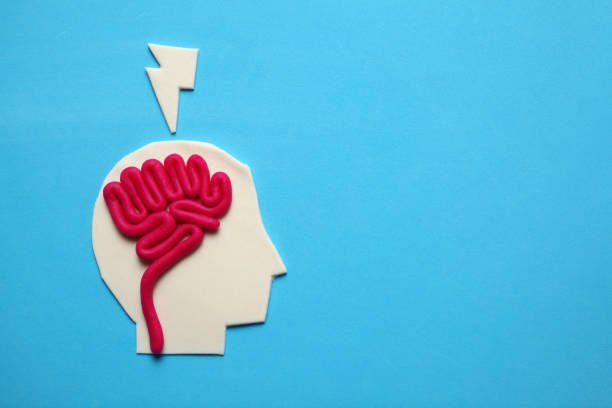In the field of educational psychology, cognitivism has emerged as a prominent theory that focuses on the mental processes involved in learning and thinking. It rejects the notion that learning is a mere result of stimulus-response associations and instead emphasizes the complexity of human cognition. This article will explore what human cognition involves according to the cognitive perspective.
According to Cognitivism, What Does Human Cognition Involve?
According to Cognitivism, human cognition involves the mental processes of acquiring knowledge and understanding through thought, experience, and the senses. It asserts that our mental activities, such as thinking, memory, problem-solving, and decision-making, are essential in processing information. Within this framework, the human mind is often compared to a computer, taking in information, processing it through complex algorithms, and then producing a response. In the South African context, this theory can be applied in educational systems to enhance learning strategies. For example, by understanding how students in South Africa process information, educators can develop teaching techniques that align with cognitive functions, making education more effective and tailored to individual needs.
Understanding the Mind as an Information Processor
Cognitivism likens the human mind to a computer that processes information. In this metaphor, our brains receive input, process it, and then produce output. This processing includes various stages, such as perception, attention, memory, and problem-solving. It highlights how information is encoded, stored, and retrieved in our minds, creating a complex interplay of mental activities.
Role of Schemas
According to cognitive theory, humans organize knowledge into structures called schemas. These schemas represent our mental models of the world and guide how we interpret new information. They are flexible and can be modified or expanded as we encounter new experiences or learn new things. Schemas allow us to connect new knowledge to existing information, making learning more meaningful and efficient.
Importance of Metacognition
Metacognition, or thinking about thinking, is another essential aspect of human cognition in the cognitive perspective. It involves an individual’s awareness and control over their cognitive processes. This includes planning, monitoring, evaluating, and regulating one’s thinking and learning. Metacognition enables learners to become more independent and effective in their learning strategies, promoting self-regulated learning.
Influence of Memory Systems
Cognitivism emphasizes the crucial role of memory in human cognition. This includes sensory memory, which briefly holds sensory information; working memory, where active thinking and processing occur; and long-term memory, where information is stored indefinitely. Understanding how these memory systems function and interact provides insight into how learning takes place and how information is retained or forgotten.
Problem Solving and Critical Thinking
Cognitive theory recognizes the importance of problem-solving and critical thinking in human cognition. It looks at how individuals analyze problems, generate solutions, and make decisions. These processes require logical reasoning, creativity, and the ability to evaluate options critically. It underscores the active and complex nature of our cognitive abilities, extending beyond mere memorization to deeper understanding and application.
Interaction with Environment
Cognitivism also acknowledges the dynamic interaction between the individual and the environment. It considers how external factors, such as cultural context or instructional methods, can influence cognitive processes. This recognition allows for the development of educational strategies tailored to diverse learners’ needs, taking into account their backgrounds, experiences, and cognitive styles.
Conclusion
According to cognitivism, human cognition involves a multifaceted interplay of mental processes such as information processing, the utilization of schemas, the significance of metacognition, the interaction of memory systems, the engagement in problem-solving and critical thinking, and the interaction with the environment. It offers a rich and complex view of how we think and learn, emphasizing the active, constructive nature of human cognition.

